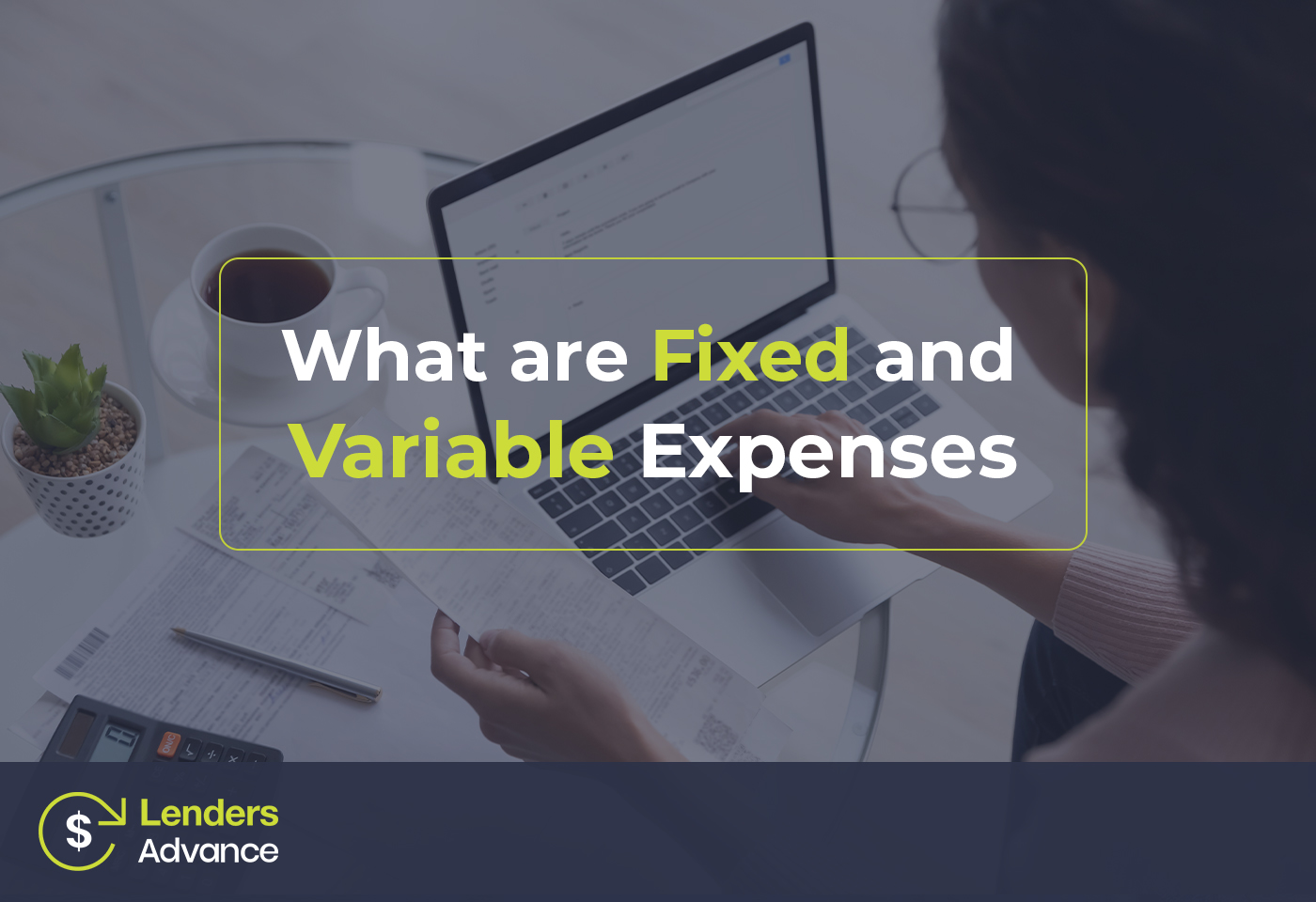
When it comes to setting up a budget, it's essential to understand how to distinguish between fixed and variable spending. Fixed expenses, also referred to as indirect costs, remain the same each month and never change. At the same time, the variable expenses mainly refer to discretionary expenses that may vary based on your day-to-day choices. To establish a well-aligned budget and minimize overspending, you need to consider both fixed and variable costs in your monthly budget. It can also help determine how much of your monthly income you need to allocate to debt payment, savings, and other financial goals.
Fixed Expenses Explained!
As it was mentioned above, a fixed cost is an expense that you may expect to remain the same (at least near to the same) in a while. When you set your monthly budget, you don't have to predict how much expenses you will have next month; you can pick up from previous months. From a planning standpoint, having one or more set costs in your budget is a positive thing. Budgeting becomes more predictable when these costs become more or less constant. This can simplify using some budgeting approaches, such as zero-based budgeting or the 50/20/30 rule.
Besides being near the same amount each month, fixed expenses may also have the same repayment schedule. Once again, the benefit of recurring monthly payments is that budgeting may be more accessible. If you arrange your budget by paycheck or set up automated payments, you may easily avoid late payments, consequently, penalties on your monthly bills.
Variable Expenses Explained!
Fixed expenses are the inverse of variable expenses. Variable expenses might occur month after month; however, the bill you pay in one month may fluctuate from past or future payments.
Budgeting for variable costs might be more complicated since you cannot precisely predict how much they will add from month to month. If you don't track variable costs on a regular basis, it's quite simple to underestimate or overestimate how much of your budget you should allot to them.
Indeed, variable expenses may comprise both discretionary and essential expenses. For example, if you are sick, a Doctor's Visit may start to be an essential expense. A non-essential cost, on the other hand, is anything you spend money on that you do not require. To put it another way, they are your budget's "wants."
Save Money Both on Fixed and Variable Expenses!
Your strategy on saving money may essentially differ based on expenses you decide to reduce. In practice, saving on fixed expenses is easier than on variable ones. For example, saving money on homeowner's or renter's insurance may be easy, like shopping around for a better offer with a different insurer. Meanwhile, saving money on housing may require some repayment rescheduling or even mortgage refinancing. You can also save extra money once you opt for debt consolidation or refinancing. For instance, using a zero percent initial balance transfer, you can save on credit card interest, of course, if you pay off the debt in full before the interest-free period expires. To save money, you might also explore consolidating short-term loans, such as payday loans or online cash advances, into a personal installment loan with longer repayment terms.
If you wish to save on variable expenses, you may need to make some lifestyle changes. Simple strategies to save on variable expenses start with cutting back or even eliminating wants like dining out or purchasing new clothes. You may easily save money on groceries by meal planning, using discount coupons, or picking name brands over generic ones. The primary benefit of adding variable expenditures to your budget is that you have more influence and control over them compared to fixed ones. As a result, it's usually easier to identify ways to save money.
Tips to Budget for Fixed and Variable Expenses!
Inadequate financial budgeting, both for variable and fixed expenses, maybe one of the primary mistakes to avoid. Here are some essential suggestions that may help budget on both fixed and variable costs:
Prioritize essential expenses: Mostly, fixed costs are the essential ones. Thus, it's vital to prioritize necessary expenses over discretionary ones.
Keep track of variable expenses: Your monthly budget may fail if you don't track how much you spend on variable costs. Tracking expenses may also help you have a precise idea of your spending habits and make corrections when the need arises.
Understand your starting point: If you lose your job or work in the gig economy, having a basic budget might benefit you. This is the absolute bare least you'd need to spend each month to make ends meet. Keeping that figure in mind might help you determine how much of your budget you can devote to variable spending.
The Bottom Line
It is critical to establish a budget and try to maintain it. This implies that you go beyond merely making a budget and commit to the spending guidelines you've established for yourself. To minimize overpaying, living within your budget may need to consider desires vs. requirements. However, the benefit of doing so is that you will end up with a balanced budget without the danger of incurring high-interest debt.
